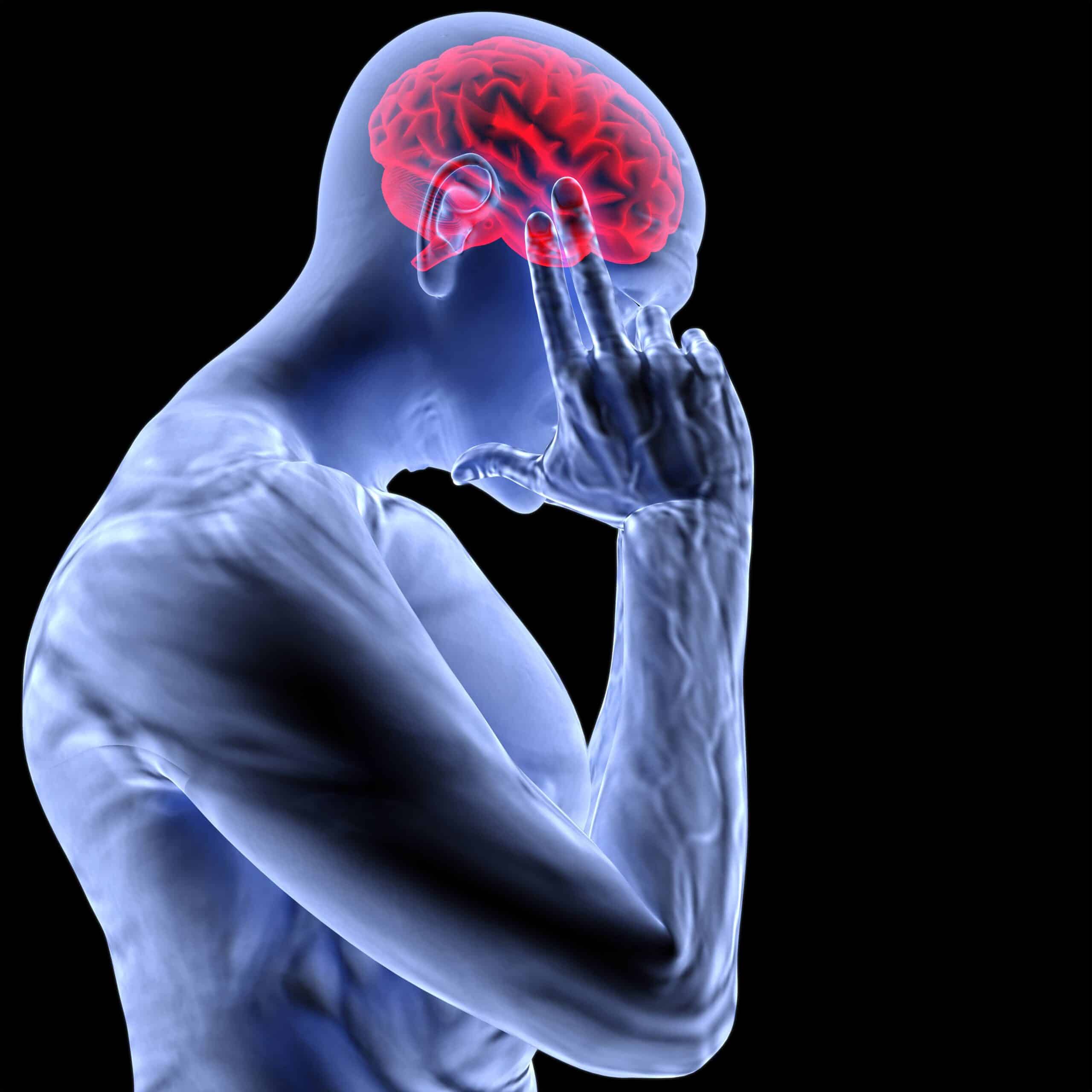Vertigo is a medical disorder that affects multiple senses and triggers a spinning or moving sensation even when you are still. Vertigo has multiple causes. For example, you can develop vertigo due to auto accident injuries. Like other auto accident injuries, you can receive compensation for your vertigo. Below is an overview of post-accident vertigo.
Symptoms
Vertigo has multiple symptoms, though you might not experience all of them. Below are some of the symptoms and their potential effects on your life:
- Pain, such as headaches that might affect your ability to work or do daily chores
- Memory lapses and concentration problems, which might affect your cognitive functions
- Hearing problems that might affect your ability to socialize with loved ones and friends
- Lightheadedness and motion sickness that might affect your ability to travel
- Ringing in the ears that might affect your general enjoyment of life
The effect of these symptoms on your life and income will depend on different factors. For example, your work, lifestyle, and age, among other things, will determine the severity of your symptoms and the extent to which they affect your life. Make sure you include all these effects in your communication with your lawyer so you can get adequate compensation.
Types and Causes
Post-trauma vertigo takes different forms. Below are some of them and their causes.
Benign Proximal Positional Vertigo
You experience this form of vertigo after a violent movement of the head. Such injuries are common with many severe auto collisions. Such a violent head movement can displace your otoliths, which are calcium crystals in the inner responsible for your sense of balance. The displacement of the otoliths is responsible for the dizziness and effect of imbalance that vertigo causes.
Cervicogenic Injury
An auto accident can also lead to cervicogenic injury if it causes injury to your spinal cord, especially near the neck region. You might suffer the injury in an accident that involves direct trauma to the base of the neck.
Just like your inner ear, your cervical spine also plays a role in your sense of balance. The spine contains numerous nerves for this function. A spinal injury can affect the nerves and interfere with the signals they send to the brain. The result can be a spinning sensation, neck pain, and headache, among other vertigo symptoms.
Temporal Bone Fracture
Your temporal bones enclose the middle and inner ear. These bones protect the nerves and other tissues that control your balance and sense of hearing. Severe trauma to the head can fracture the temporal bones and interfere with their functions, leading to dizziness, hearing loss, and other symptoms of vertigo.
Traumatic Brain Injury
Traumatic brain injury (TBI) involves bruising of the brain. TBIs usually occur due to a sudden jolt of the head where the brain hits the inner walls of the skull. For example, you might suffer such an injury if someone rear-ends your car. TBI can cause vertigo since the brain controls numerous body functions, including memory and balance.
Treatment
Your vertigo may end without treatment if you are lucky. However, some people require different forms of treatment for the injury. For example, you may need one of the following treatments:
- Medication to relieve symptoms of vertigo, such as nausea and dizziness
- Canalith repositioning maneuvers to reposition the calcium minerals in your inner ear if you have benign proximal positional vertigo
- Surgery to correct the underlying injury, such as temporal bone fracture
The choice of treatment will determine your medical bills. Don’t forget to include all your treatment costs, plus their evidence, in your communication with your lawyer.
You deserve compensation for all your accident injuries, including vertigo. Contact The Jaklitsch Law Group to help you value your damages, gather the relevant evidence, and pursue your settlement. We have been practicing injury law for more than 80 years of combined legal experience, and you can rely on our professionalism.

